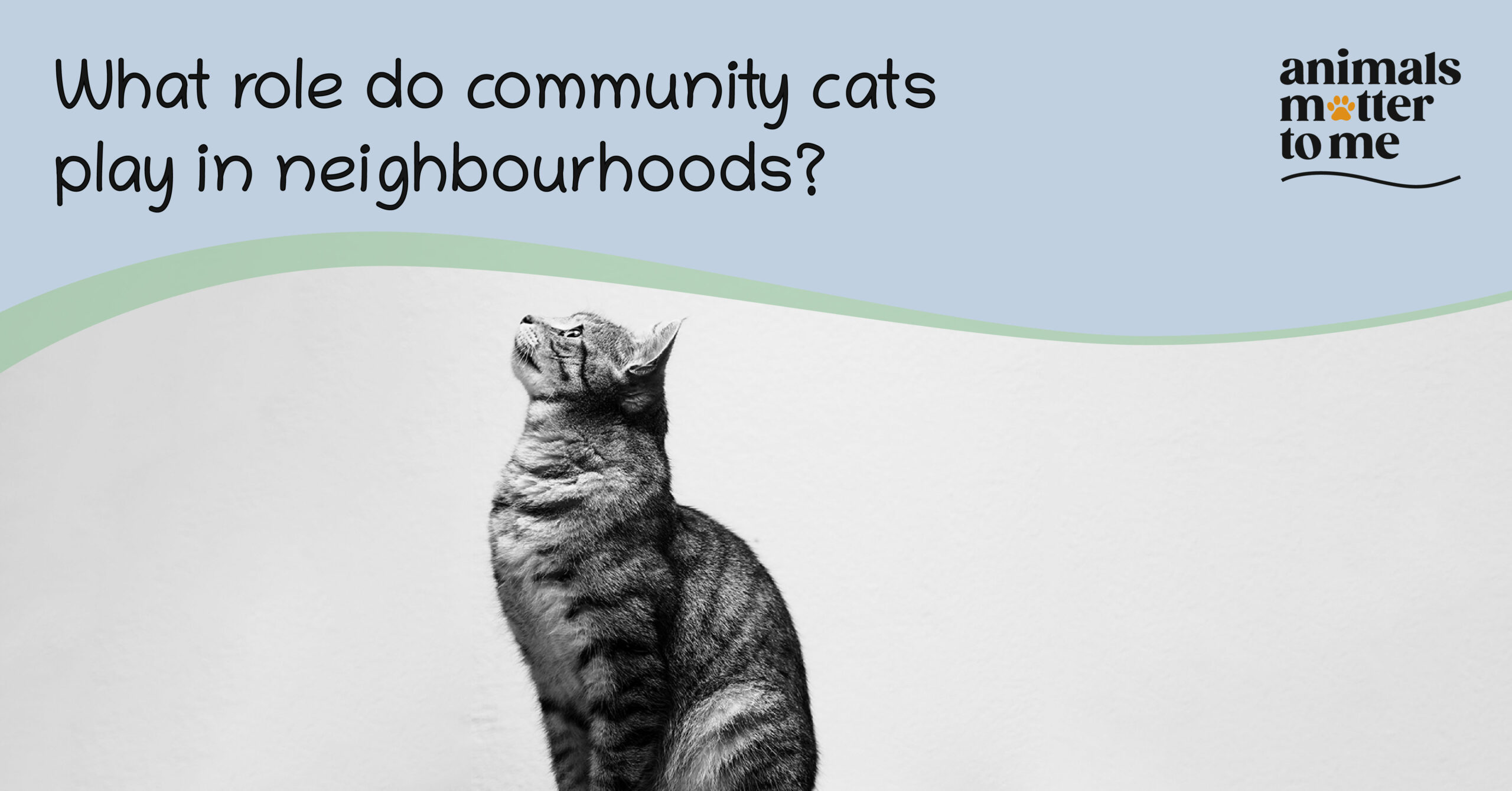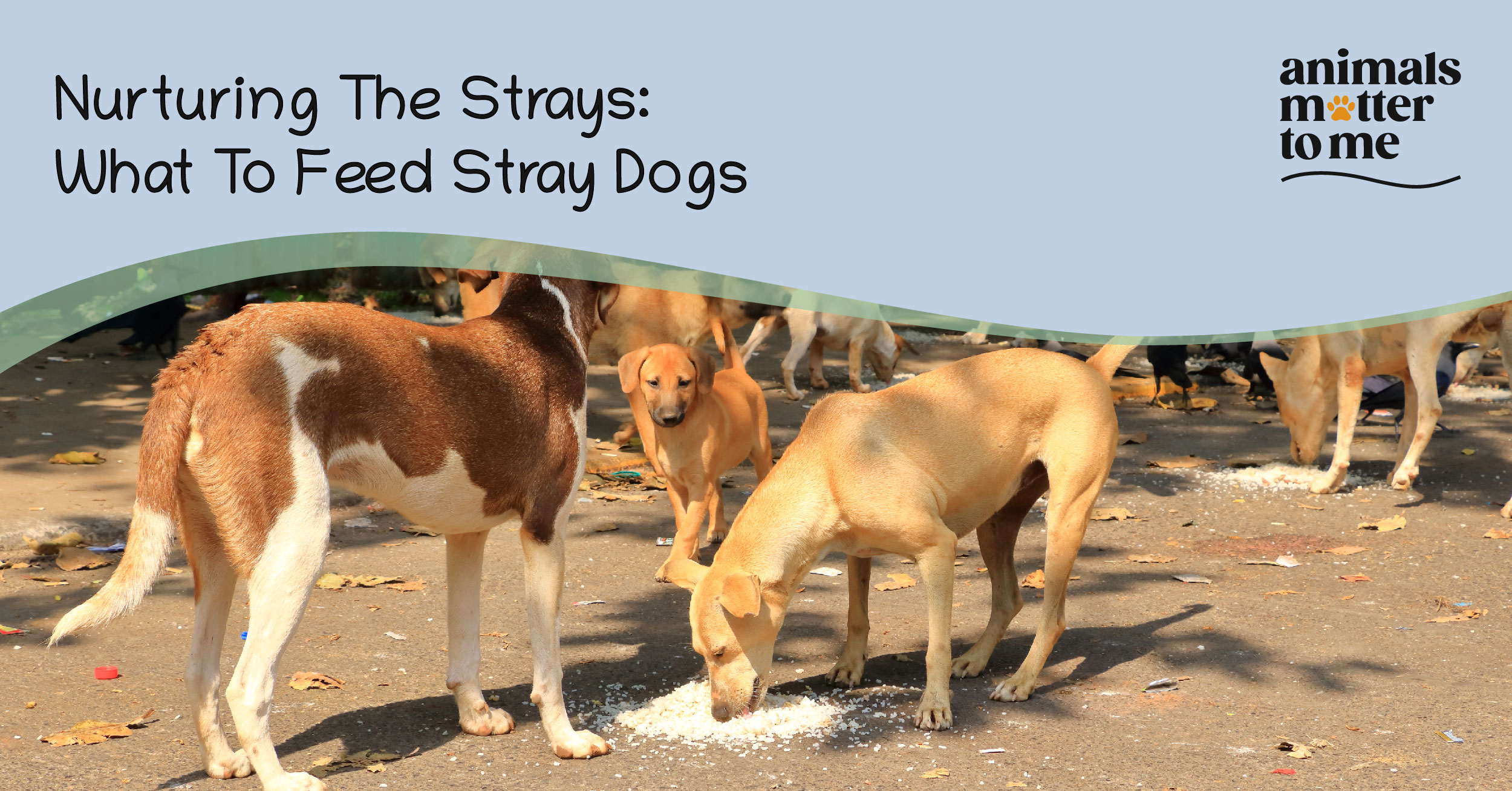As cherished members of our families, our pets provide us with companionship, joy and unwavering loyalty throughout their lives. As they age, our senior pets require special attention and care to ensure their comfort and well-being. Just as we adjust our lifestyles to accommodate our aging selves, it’s essential to adapt our approach to caring for our furry companions as they enter their senior years.
1. Regular veterinary check-ups
Just like humans, older pets are more susceptible to health issues such as arthritis, dental problems, and organ dysfunction. Regular check-ups with the veterinarian are crucial for early detection and treatment of any emerging issues. These visits allow for necessary adjustments to their diet, exercise regimen and medication if needed.
2. Nutrition and diet
Tailoring your pet’s diet to their changing needs is vital in their senior years. Consult your veterinarian to determine the appropriate diet based on age, weight and any existing health conditions. Older pets may require food that is easier to digest or specially formulated to support joint health and cognitive function.
3. Maintaining a healthy weight
Obesity exacerbates many health problems in older pets, including arthritis and heart disease. Monitoring your pet’s weight and adjusting their diet and exercise routine can help prevent unnecessary strain on their aging bodies. Be mindful of portion sizes and avoid overfeeding treats, opting for low-calorie alternatives if needed.
4. Regular exercise
While older pets may not be as energetic as they once were, regular exercise is still crucial for maintaining their mobility and overall health. Adjust the intensity and duration of physical activity to suit your pet’s capabilities, opting for low-impact exercises such as short walks or gentle play sessions. Regular movement helps to alleviate stiffness and joint pain associated with aging.
5. Dental care
Dental problems are common in older pets and can lead to discomfort, difficulty eating and even systemic health issues. Implementing a regular dental care routine, such as brushing your pet’s teeth or providing dental chews, can help prevent the buildup of plaque and tartar. Regular dental check-ups with your veterinarian are also essential to address any issues promptly.
6. Comfort and safety
As pets age, they may experience changes in vision, hearing, and mobility. Make adjustments to your home to ensure their comfort and safety, such as providing soft bedding, installing ramps or stairs to help them navigate elevated surfaces and removing obstacles that could cause tripping or injury.
7. Mental stimulation
Cognitive function may decline in older pets, leading to symptoms such as disorientation or changes in behaviour. Engage your pet’s mind with interactive toys, puzzle feeders and gentle training exercises to help keep their brain active and stimulated. Regular social interaction and affection also play a crucial role in maintaining their emotional well-being.
8. Quality time and affection
Above all, older pets need plenty of love, attention, and reassurance from their human companions. Take the time to cuddle, play and bond with your pet regularly. Simple gestures such as gentle massages or quiet moments of companionship can have a significant impact on their overall happiness and quality of life.
9. Monitoring changes
Keep a close eye on your pet’s behaviour, appetite and physical condition. Promptly address any unusual changes or symptoms. Early detection of health issues allows for timely intervention and management, potentially improving outcomes and prolonging your pet’s life.
10. End-of-life care
As difficult as it may be to confront, it’s essential to consider your pet’s end-of-life care and make decisions that prioritise their comfort and dignity. Discuss options with your veterinarian and be prepared to provide compassionate care and support when the time comes.
Caring for an older pet requires patience, understanding and a willingness to adapt to their changing needs. By implementing these tips and providing your furry companion with the love and attention they deserve, you can help ensure that their golden years are filled with comfort, happiness and quality of life. Remember, the bond we share with our pets transcends age, and with the right care, our beloved companions can continue to enrich our lives for years to come.




